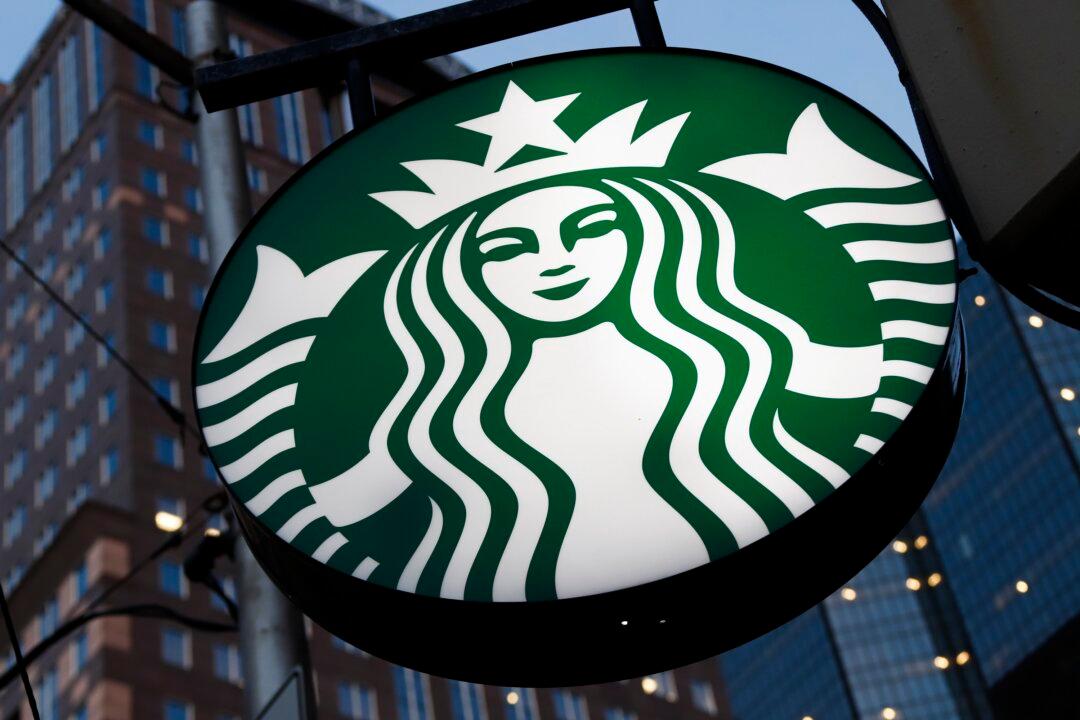A federal labor judge has ruled that Starbucks committed “egregious and widespread misconduct” in its response to labor union campaigns at the company’s stores in Buffalo, New York.
Michael A. Rosas, a judge for the National Labor Relations Board (NLRB), on March 1 ordered the coffeehouse giant to reinstate seven Buffalo-area workers who were fired for union activity, reopen a shuttered location in Buffalo, and bargain with the union at the Camp Road location, where the union election failed as a result of an “extensive and pervasive antiunion campaign” by the company, according to the 203-page decision (pdf).




